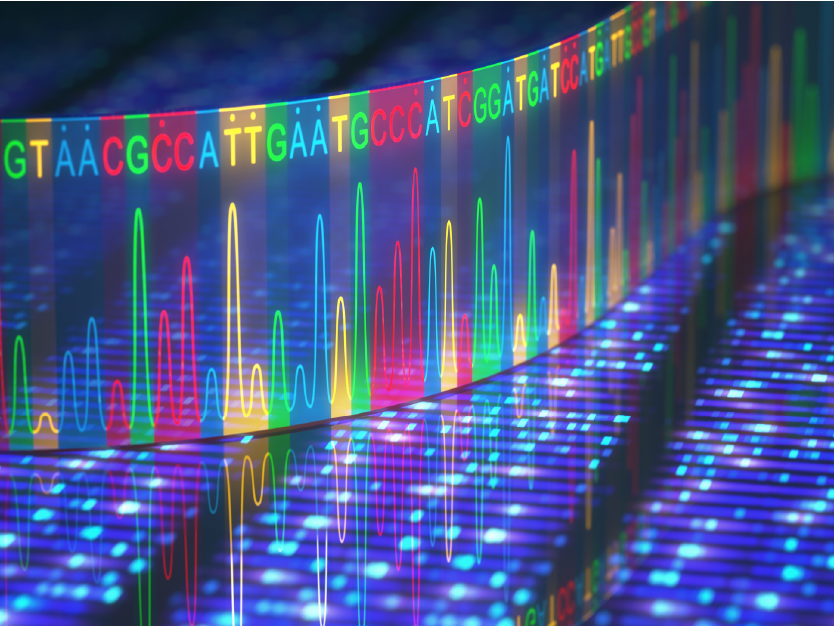These days major debates center around scientific information – from climate change, gene-editing to vaccinations – yet, despite the data-driven nature of science, there are deeply divided opinions regarding these hot topics. For researchers, it might be frustrating to witness scientific findings being misinterpreted or exaggerated. But it’s not surprising that so much science is misunderstood. Too many scientists still reside within their own research bubbles, which is counterproductive.
Pursuing a PhD is undoubtedly one of the most challenging chapters in a researcher's career. For the first time, as an early career scientist, you must juggle research, writing, teaching, and your own personal life (yes, you should still have one). A PhD is definitely exhausting, but given the right guidance and support it can be an enjoyable and exciting time too.
Choosing the Right RNA Lib Prep Kit for Your Transcriptome Library
1. Determine the mRNA capture type you need
Announcements for this year’s Nobel winners started off with prizes in Physics, Chemistry, and Physiology or Medicine. While congratulations are in order for the newly minted laureates, a bit of controversy is also stirring.
When I began my science journey as an undergrad, research seemed rigorous, but reassuringly straightforward in its tenets. Observe, question, hypothesize. Predict, test, analyze. And repeat. It made perfect sense to me that if you followed this protocol and remained unbiased in the process, great discoveries were sure to come.
But then I learned about the other steps in between. Steps like grant-writing, worrying about publishing and impact factors, getting your mentor to actually respond, and struggling to troubleshoot experiments. Twitter’s PhD community seems to relate.








